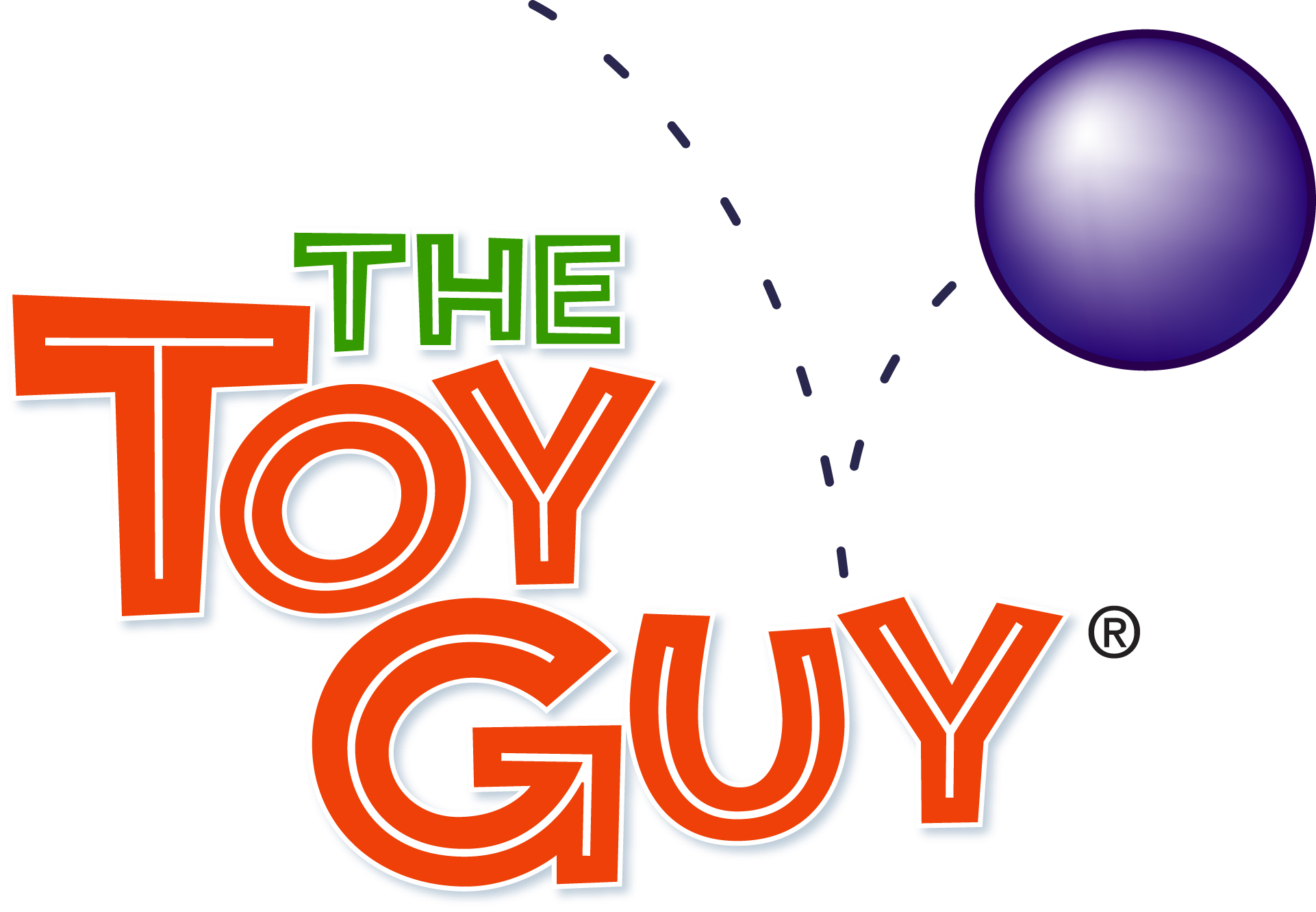In a world completely dominated by video in which the average kid spends more than 2.5 hours a day watching narrative entertainment on a screen, is reading still relevant? That’s a leading question; you know where I’m going to come down on that. After all, reading belongs in a well-balanced toy box—not just for learning but as a recreational activity.
There are so many benefits to reading from verbal development to fostering imagination to, according to one study increased neural connectivity in the parts of the brain responsible for language study and development. No surprise there. There are also studies that show that reading effectively reduces stress among people of all ages. This is particularly true for teenagers who are screen natives. Again, no surprise, there has been a lot written about the need to reduce screen time for an hour before sleeping to get a better rest.
Of course, I could find studies that would show the benefits of screen time as well, but that’s not really the point. The fact is, that screens are a reality in kids’ lives, and they are the go-to entertainment. But there’s one skill that reading develops that I would argue can’t be gained from watching movies or TV shows: language development.
Whether it’s the arc of a sentence or the ability of language to create pictures in the imagination, or evoke feelings, reading fosters language skills, and those will help kids when they write or speak or communicate with other human beings. The structure of the language on the page reinforces the ability to absorb and comprehend more complex ideas. Movies have an inherent simplicity about them, and nuance of expression comes from shots, angles and stimulating a response through the visual. In the case of reading, all of that has to happen through the words and sentence structures. Giving kids a facility with the written word is as important a skill as there is and opens the door to understanding, analysis and cognition. When it comes to schoolwork, the ability to read and absorb information quickly is invaluable. Access to a large and growing vocabulary provides seemingly endless options for verbal and written expression. All of these are essential skills that really do provide the building blocks for studies.And reading is fun. I know for me, growing up in an era before there was a virtual multiplex in my pocket, diving into books, like my dad’s Hardy Boys series from his childhood, shown in the picture, was the way I escaped. It fostered a lifelong love of language and the art of writing. This is not particularly news, and not highly original. Dickens in David Copperfield writes about how David’s love of reading was a comfort in his scary and threatening home, how he first began to understand how the world works and so forth. (BTW, given Dickens’ highly cinematic prose style, I think he probably would be writing movies today.)
One of the things I am often asked about by parents is how to encourage children to read. My first question is always: Do they see you reading? Do you read aloud, even for older kids? Do you talk about what you’re reading? The home is the place where this kind of behavior is modelled. Children learn to do what they see; it’s that simple.
It probably doesn’t hurt to remind kids who’d rather spend time on a screen, even the best movie starts out as something written that needs to be read.

